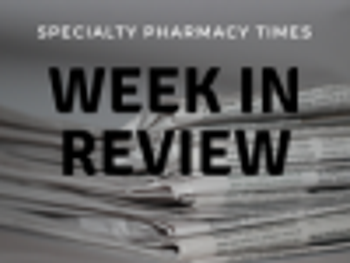
Top news of the week from Specialty Pharmacy Times.


Top news of the week from Specialty Pharmacy Times.

A look at last week's top stories in the world of pharmacy.

A look at last week's top stories in the world of pharmacy.

Individuals who experience high sun exposure during childhood or young adulthood may be less likely to develop multiple sclerosis.

A continuing concern is HIV-associated neurologic syndromes.
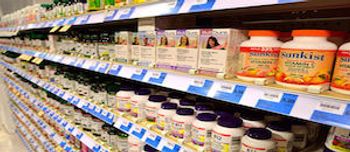
Case studies with an OTC focus.
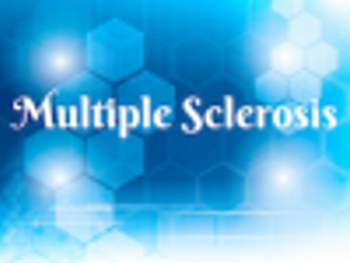
Idebenone was not found to delay disease progression in multiple sclerosis compared with placebo.

Induced neural stem cells may hold the key to reducing multiple sclerosis-related central nervous system damage.

Evobrutinib is an oral inhibitor of Bruton’s tyrosine kinase in development for several autoimmune diseases.

Patients with multiple sclerosis may be at a higher risk of developing mental health conditions.

Biogen and AbbVie recently announced a voluntary, worldwide withdrawal of daclizumab (Zinbryta®).

Intake of fish high in omega-3 fatty acids could help reduce the risk of developing multiple sclerosis or clinically isolated syndrome.

A more detailed look at gray matter atrophy may hold clues to multiple sclerosis progression.

Novartis makes a move in the digital health field, and we may see more traction with pharmacological treatments and technological platforms.

Targeting an energy-related molecule could prevent the onset of autoimmune diseases.

An enzyme blockade could assist remyelination in patients with peripheral nerve damage.
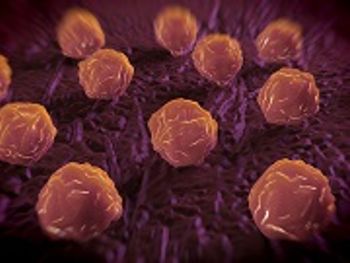
Stem cell treatments improved muscle strength and disability among patients with multiple sclerosis.

Daclizumab (Zinbryta) may cause brain inflammation among patients with relapsing multiple sclerosis.

March is multiple sclerosis awareness month.

Ozanimod evaluated as a treatment for multiple sclerosis and inflammatory bowel disease.

March is MS awareness month, spotlighting this chronic, progressive disease that is growing in prevalence.

The gut microbiome may play a key role impact the severity of multiple sclerosis symptoms.

Deep transcranial stimulation could provide more relief from fatigue among multiple sclerosis patients compared with other treatments.
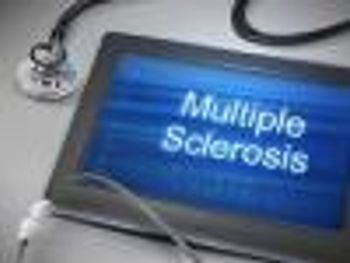
A popular multiple sclerosis drug may increase the risk of a potentially-fatal brain infection.

Less serious adverse events remain a concern for patients treated for chronic diseases.